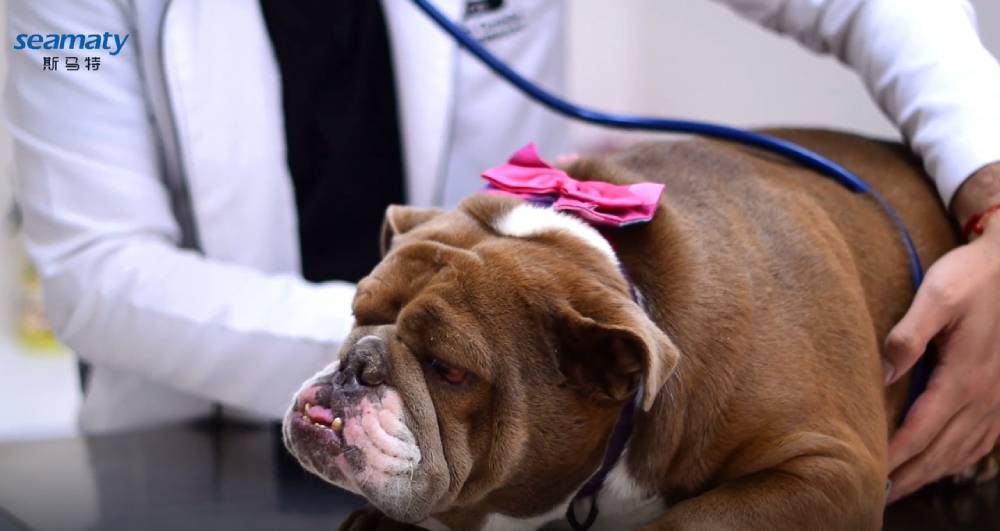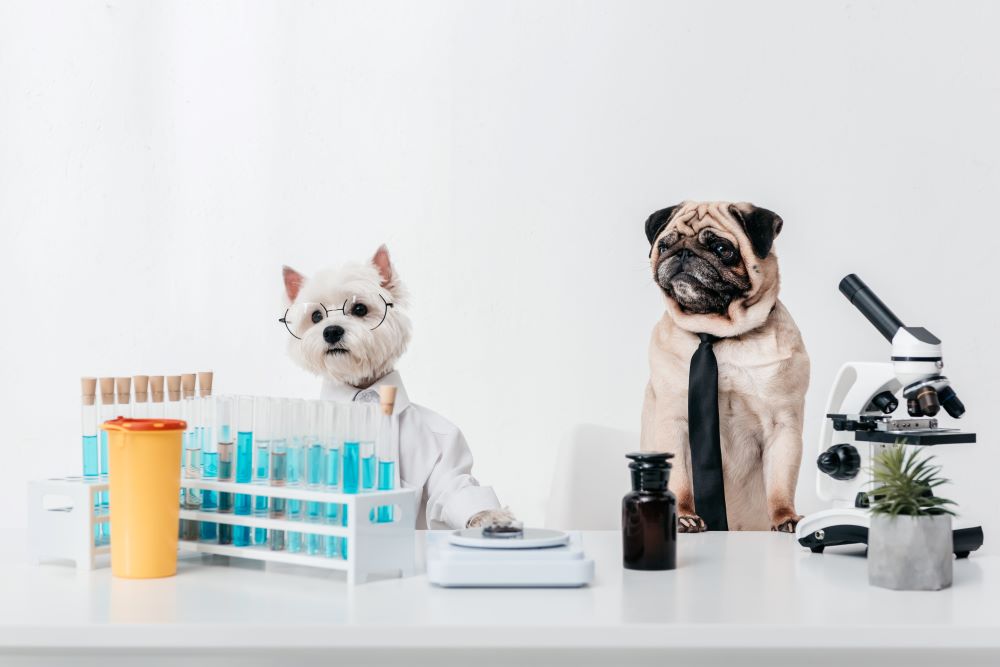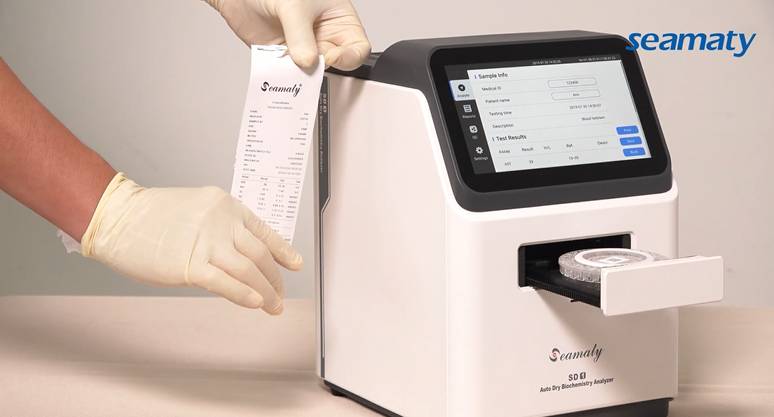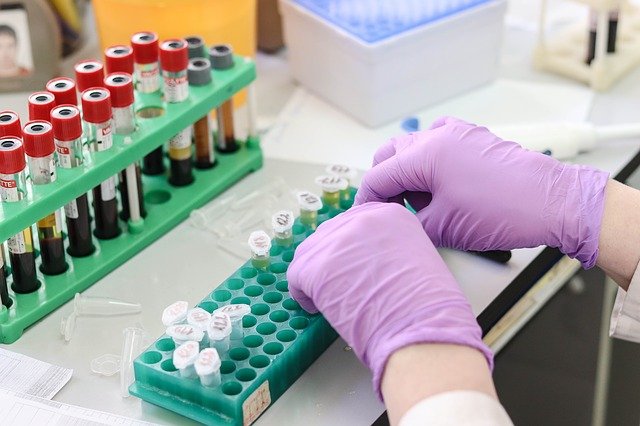In the previous article we learned why animals need to do Physical exam, Blood test and Thyroid panel, what is the use of doing these tests? In addition to these tests, the Heartworm antigen test, FeLV/FIV test, Fecal exam, and X-ray are also necessary for the veterinarian to better understand the physical condition of the pet. So what is the purpose of these tests?
4. Heartworm antigen test
If your dog is six months old or older when you start using heartworm preventative medication, you need to check for heartworms before you start using it. This is because it can be life-threatening if a dog is accidentally infected and then given a heartworm preventive. Even if your dog has been on heartworm preventative medication. It needs to be tested for heartworm once a year just in case.
5. FeLV/FIV test
Feline leukemia virus (FeLV) and Feline immunodeficiency virus (FIV) are two viruses that reduce immunity and increase the chances of cancer and infection. It is similar to the principle of AIDS in humans. Infected cats will have a much shorter life expectancy.This test is recommended for every cat and kitten that is new to the family.This test is recommended for every cat and kitten that is new to the family. Not only to see how healthy they are themselves, but also to ensure that they do not infect other cats in the household. If all the cats in the family have been tested and have not gone out or come into contact with other cats after the test, there is no need to do this test regularly.
6. Fecal exam
The annual fecal examination and regular deworming is a step that cannot be skipped. Remember to bring the freshly defecated feces to each annual exam.If your pet starts to have diarrhea for no reason. A fecal examination is a necessary test to rule out parasites.
7. Urinalysis
Urinalysis checks for the presence of urinary tract infections in addition to kidney function. This checks the sugar content of the urine (for diabetes), the ketone content, the pH level, and checks for various crystals (for stones).
If your pet has symptoms of frequent urination, hematuria, inability to urinate, and excessive urination. Be sure to do a urinalysis. For older pets (especially cats), a urinalysis during the annual exam can also observe the condition of the kidneys.
8. X-rays
X-ray is not a very delicate examination. X-rays are good at detecting lesions in the bones and chest cavity. The abdominal cavity can also be seen in general. For all kinds of emergencies. For example, fractures, intestinal foreign bodies, gastric torsion, pulmonary effusion, etc., X-ray is a very useful emergency examination. For older pets, X-rays are recommended during annual exams to look at heart function and for stones or tumors.
If a lesion is found on the x-ray that requires other imaging tests to confirm the diagnosis, or if the x-ray does not show a problem. However, if the condition does not improve, ultrasound, CT, MRI, etc. can be done more recently.



